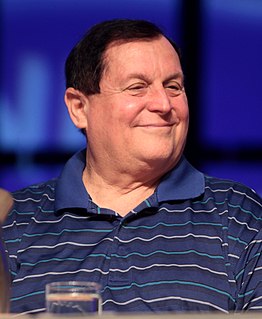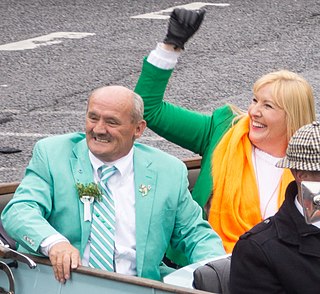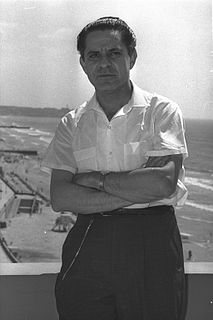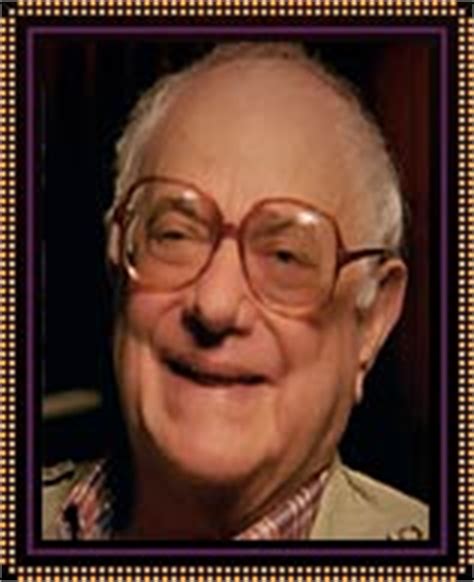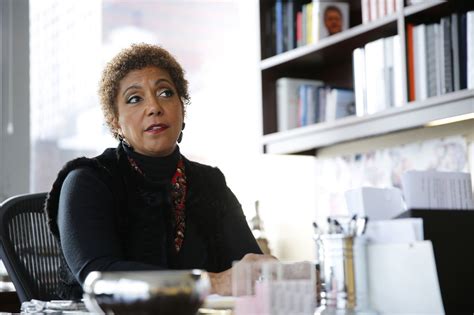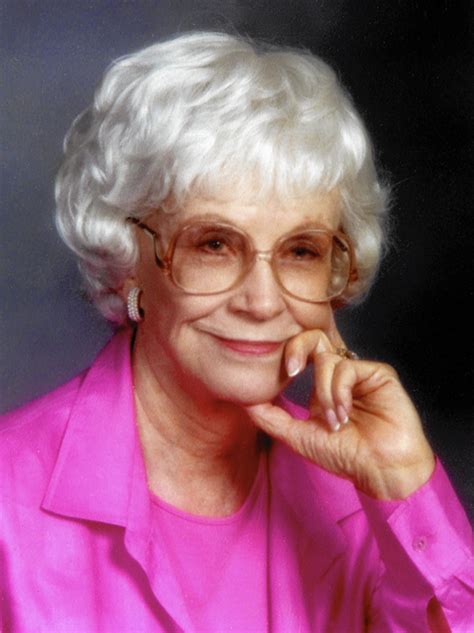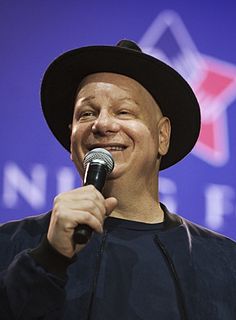A Quote by Burt Ward
Why would they have gone to the trouble to hire the best comedy writers in the business to write funny material for us to play straight, if the children in our audience were the only audience.
Related Quotes
The next time I write a play - in order to get audience trust for a particular sort of tragic line, I'll try to bring the audience a good distance before that. Part of that is allowing comic moments to occur. I had been afraid of that - that once the audience started laughing in the play, they would never stop.
Performers should realize they not only have to prepare themselves for concert purposes as far as memorizing their programs goes, but for the business of just walking out before the people …. It is important to play before an imaginary audience too. Before I play in public I very often play a program three or four times as though I were seated before a actual audience.
If you tell the reader it's funny, then the audience is like an audience at a stand-up comedy club and they expect you to be funny, and if you're not, they notice. Whereas if you read a regular op-ed about Israel or the family or medicine, you're not starting with the assumption that you're supposed to laugh.
You never know how things work and what exactly is going to grab an audience. Sometimes even the best material and the best collection of people interpreting that material just for some reason doesn't fly with people. There are a lot of TV shows or movies that maybe aren't as good as others that do work when it comes to finding an audience. It's a mystery, that whole thing. If somebody figured it out, this would be quite a great industry.
We are a nation that has always gone in for the loud laugh, the wow, the yak, the belly laugh, and the dozen other labels for the roll- em-in-the-aisles gagerissimo. This is the kind of laugh that delights actors, directors, and producers, but dismays writers of comedy because it is the laugh that often dies in the lobby. The appreciative smile, the chuckle, the soundless mirth, so important to the success of comedy, cannot be understood unless one sits among the audience and feels the warmth created by the quality of laughter that the audience takes home with it.
It's such a wonderful feeling to watch a child discover that reading is a marvelous adventure rather than a chore. I know that many writers for children say they do not write specifically with a child audience in mind ... This isn't true for me. I am very aware of my audience. Sometimes I can almost see them out there reacting as I write. Sometimes I think, 'Oh, you're going to like this part.
I don't think it's unfair to have writers. I think if you're going to do a roast on television, as if you were doing a play or you were reading a script of a movie, you would have the best possible material. And those are the people who score, the people who are willing to listen to the roasting experts and then come out there and own that material.
